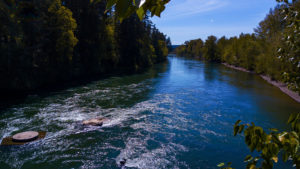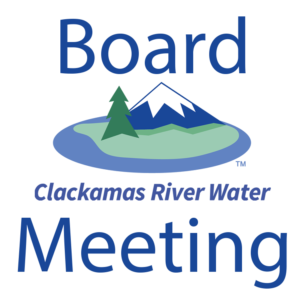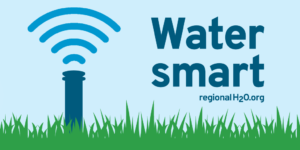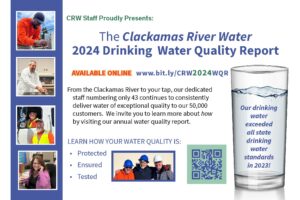Preparing for the BIG ONE means you’ll also be prepared for day-to-day emergencies too
One of the most important things that you can do to prepare for an emergency is to have an emergency supply of water. This is because people can survive for weeks without food, but only a few days without water. So, water is a good place to start your preparedness efforts.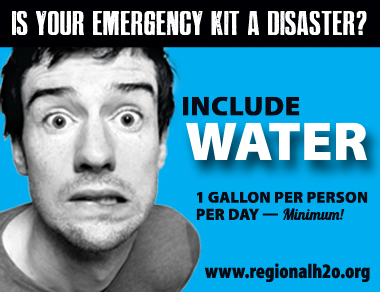
You may be familiar with the recommendation to have a three-day supply of water in your emergency kit. But, here in the Pacific Northwest the general rule is to have one gallon of water per person per day to last you 14 days. And, you may need more than that if you have pets or people with special needs.
This is because experts predict that the Pacific Northwest is overdue for a major earthquake, which may severely damage water systems and other infrastructure. When this occurs, it could take two weeks or longer for emergency supplies to reach the Portland metro region. This means that we all will need to rely on our own resources until help arrives.
- If preparing for the BIG ONE seems like a lot of work for something that may not happen in our lives, think about it this way – preparing for a Cascadia subduction zone earthquake will ensure you are also prepared for other, more common emergencies.Get a kit. Being prepared means having the right supplies and being able to access them easily when you may need them. You can stock your own emergency kit or purchase a ready-made one. Find out more about what to include in your kit at https://bit.ly/RedCross-PrepareGuide or https://bit.ly/RWPC-GetYourKitTogether.
- Sign up to get public alerts. PublicAlerts.org is a website that provides news and information on major service disruptions in the Portland-Vancouver metro area. PublicAlerts.org’s sign up page includes links to county-specific emergency notification systems throughout Oregon and SW Washington.
- Know how to shut off your home’s water supply. Knowing where your home’s shut-off valve is, and making sure that the other members of your household do too, will help ensure that you can quickly shut your water off during or after an emergency. Learn more at https://bit.ly/RWPC_H2OShutOff.

